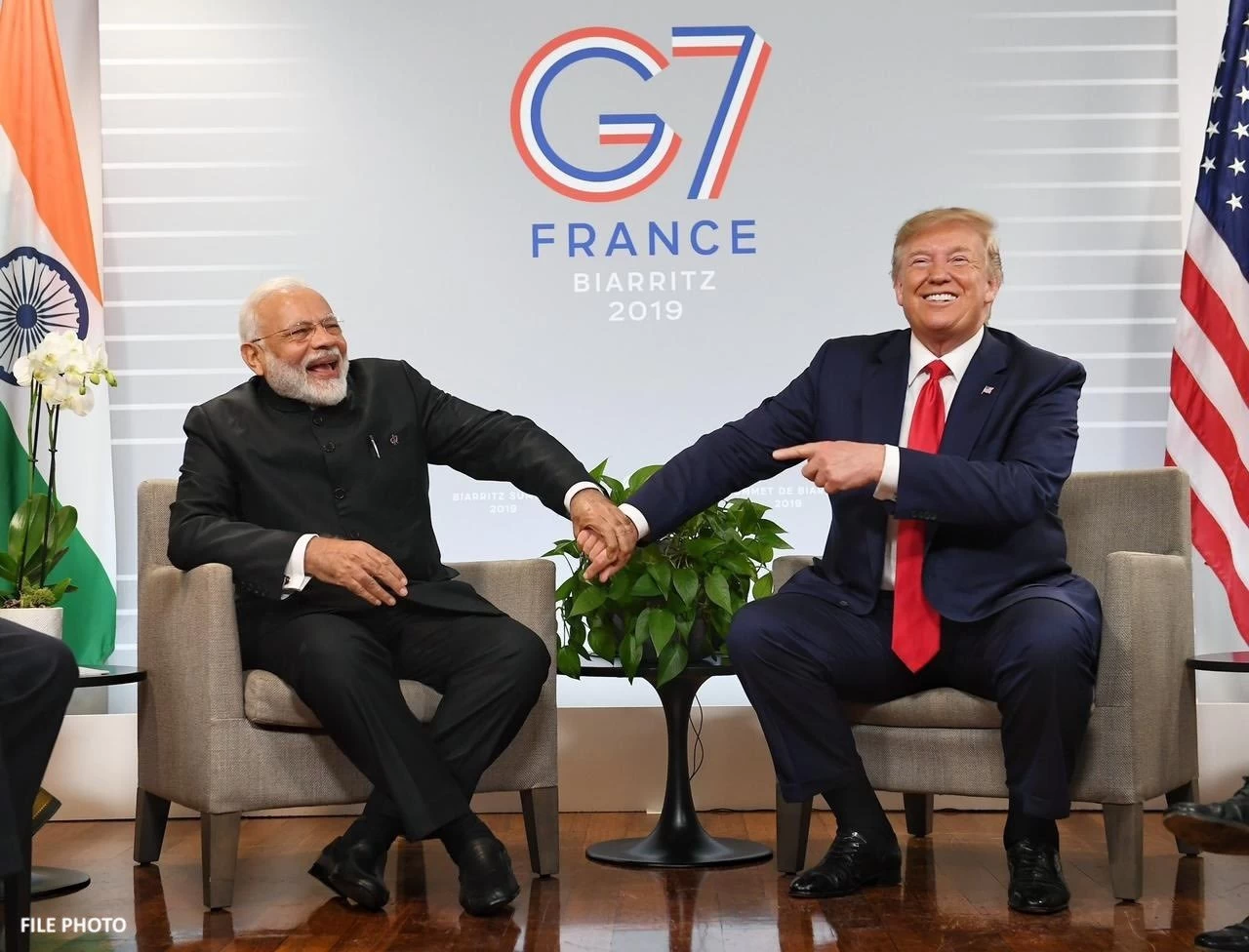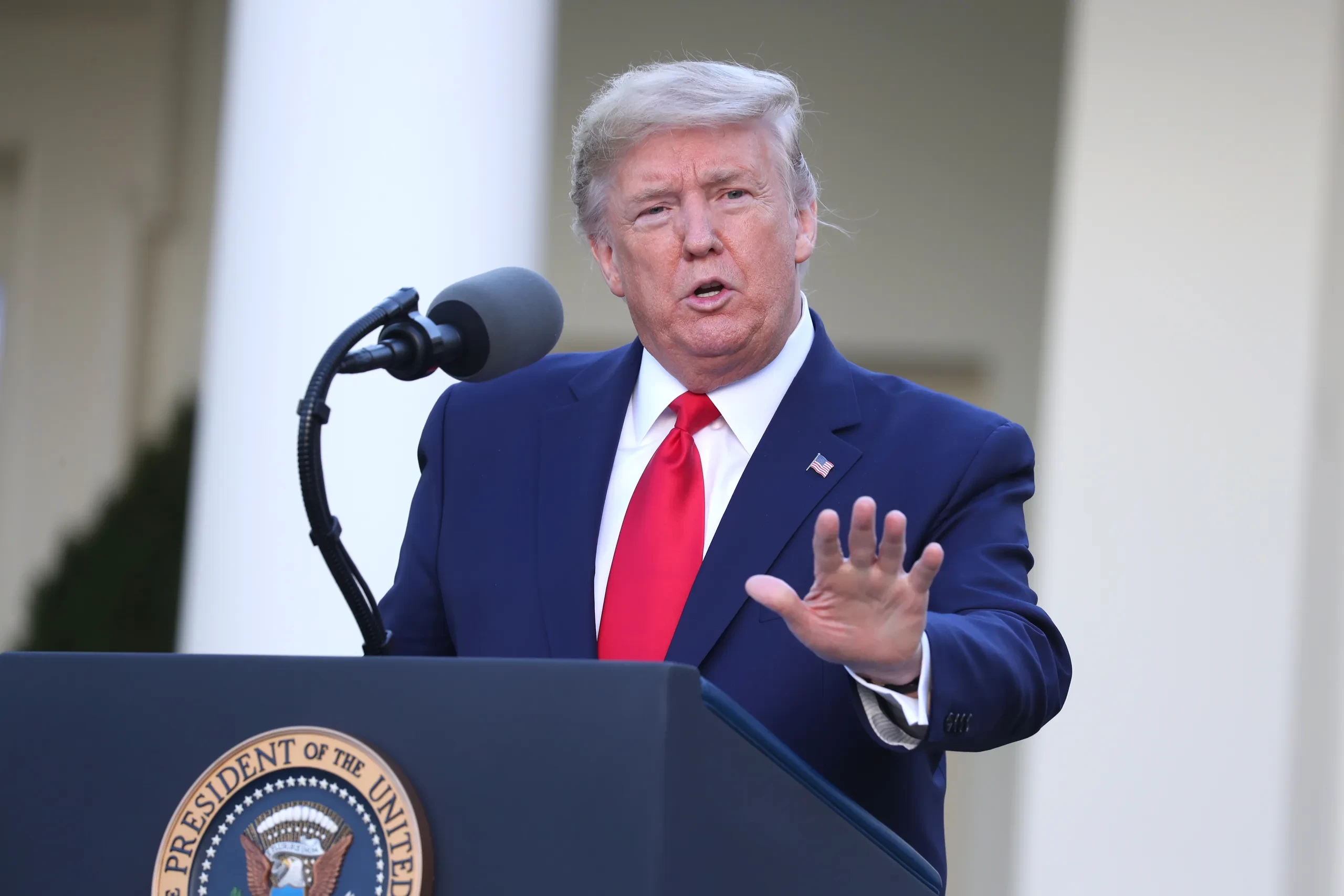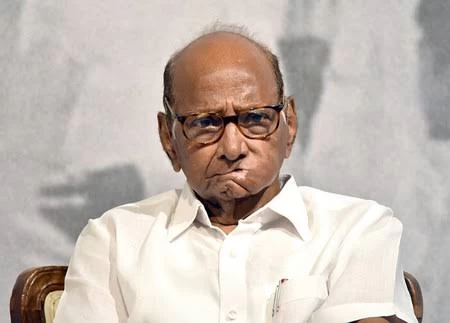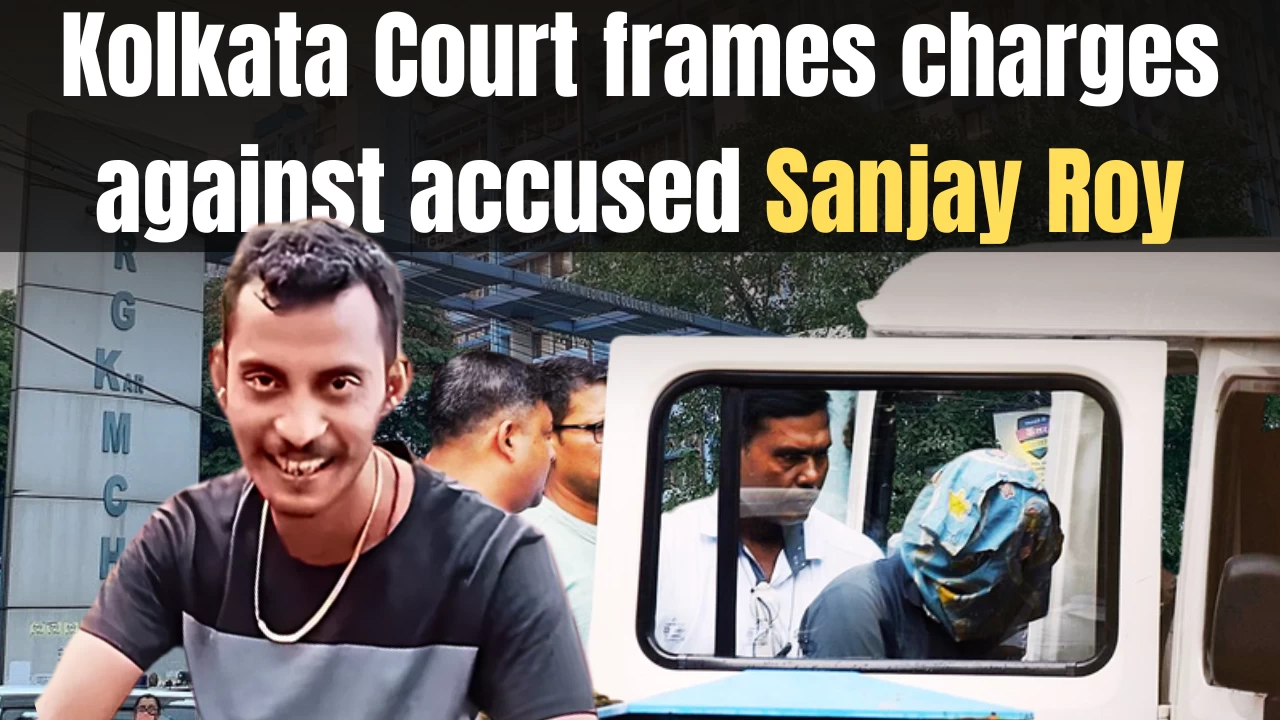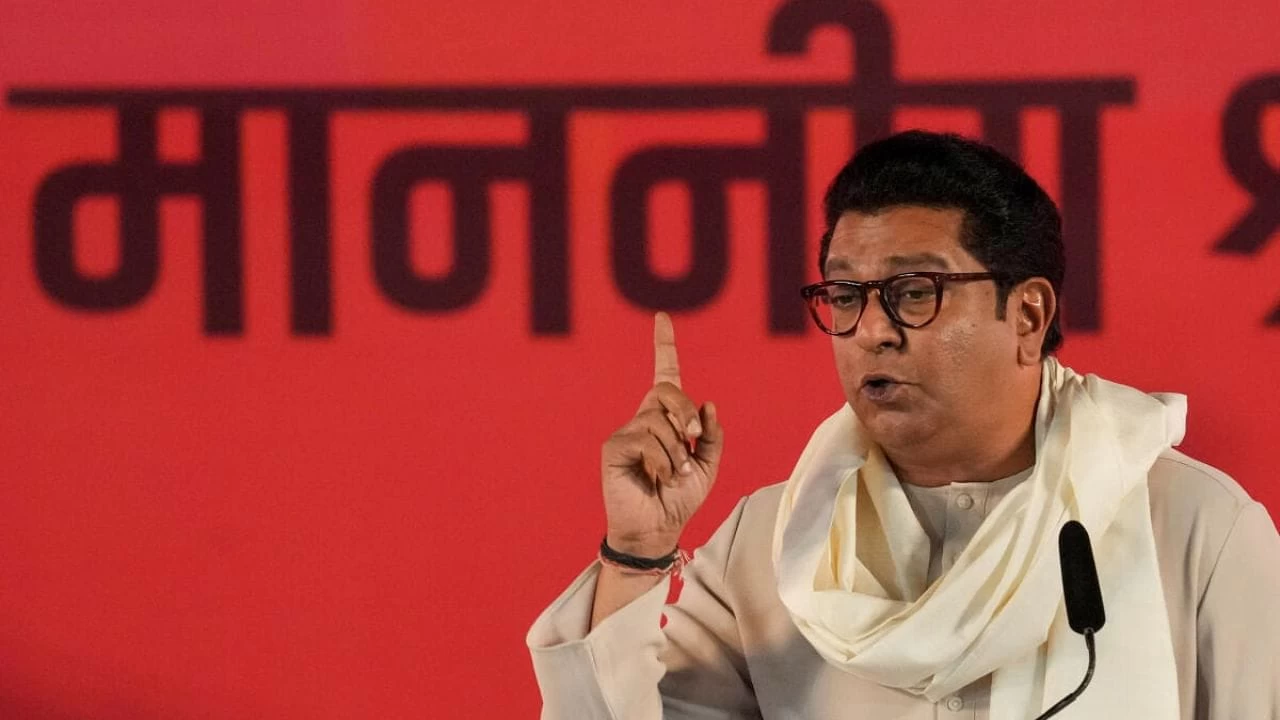Latest Updates
Supreme Court Rules against Unrestricted State Acquisition of Private Property Under Article 39(b)

The Supreme Court on Tuesday ruled that not all privately owned properties can be acquired by the government under Article 39(b) of the Indian Constitution for public purposes. The nine-judge bench, led by Chief Justice of India DY Chandrachud, clarified that while the state has the power to acquire private property in certain cases, it is not an unlimited authority.
The bench overruled an earlier ruling by Justice Krishna Iyer, who had interpreted Article 39(b) to mean that all privately owned resources could be taken by the state for redistribution. The court noted that private resources could only be considered material resources under Article 39(b) if their nature and impact on the community meet specific criteria.
The majority opinion was authored by Chief Justice DY Chandrachud, with Justices Hrishikesh Roy, JB Pardiwala, Manoj Misra, Rajesh Bindal, SC Sharma, and Augustine George Masih concurring. This judgment addressed a complex legal question about whether private property could be classified as "material resources of the community" and thus be subject to state acquisition for the common good.
Justice BV Nagarathna partially disagreed with the majority decision, while Justice Sudhanshu Dhulia dissented entirely on all aspects of the case. The ruling marked a shift from previous decisions that had embraced a more socialist interpretation, allowing the state broader powers to acquire private property for redistribution. The ruling also affirmed that laws enacted to advance the objectives of Article 39(b) will be constitutionally protected under Article 31(C), which provides immunity from judicial review.




